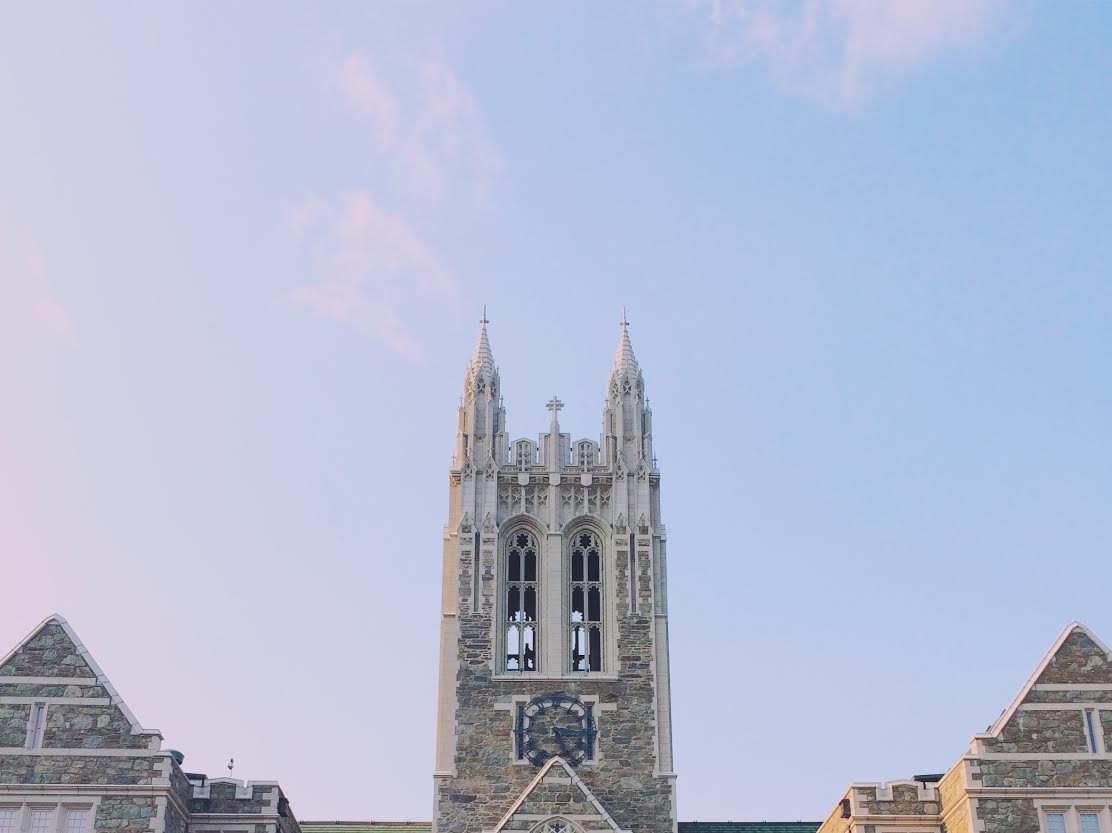The First Circuit Reaffirms that Prior Conduct Can Prove Current Sexual Harassment or Other Discriminatory Harassment
On August 21, 2019, the U.S. Court of Appeals for the First Circuit released a decision that reaffirms that a hostile work environment claim can span many years, so long as some of the acts that are part of the broader pattern of harassment occurred within the statute of limitations period. In Nieves Borges v. El Conquistador Partnership,  the First Circuit reversed a grant of summary judgment for a defendant, holding that the district court erred in excluding past evidence of sexual harassment in evaluating the plaintiff’s claims. The Court emphasized that “so long as one instance of harassment falls within the statutory limitations period,” “the entire period of the hostile environment may be considered by a court for the purposes of determining liability.” In other words, past conduct is part of the broader pattern of harassment at issue and is therefore relevant to assessing the nature of an employer’s bad behavior.
the First Circuit reversed a grant of summary judgment for a defendant, holding that the district court erred in excluding past evidence of sexual harassment in evaluating the plaintiff’s claims. The Court emphasized that “so long as one instance of harassment falls within the statutory limitations period,” “the entire period of the hostile environment may be considered by a court for the purposes of determining liability.” In other words, past conduct is part of the broader pattern of harassment at issue and is therefore relevant to assessing the nature of an employer’s bad behavior.
The plaintiff in Nieves Borges took a long time to report the harassment he faced. This is, of course, not unusual in employment discrimination cases in which a worker who experience sexual or other types of harassment fears losing his or her job. The plaintiff had worked at his company as a food service manager for twenty-two years when he was terminated in July of 2015. During that time, a high level manager (the Director of Human Resources) had harassed the plaintiff for more than a decade: According to the plaintiff that harassment included unwanted touching and frequent episodes in which the manager would look the plaintiff up and down while pressuring him to go out for drinks. In 2007, the alleged harasser went so far as to proposition the plaintiff over lunch. After that time, the alleged harasser bothered the plaintiff intermittently, even asking him to socialize several times in 2014, but never propositioned him again. But the plaintiff did not report his supervisor’s behavior until 2014, years after the pattern began and well after the most severe incident. At summary judgment, the district court refused to consider the older incidents, because none of the acts that occurred after 2014 rose to the level of sexual harassment. The district court also held that to prove his claim that he was subjected to a hostile environment the plaintiff had to demonstrate that the conduct he faced was both severe and pervasive.
 Boston Lawyer Blog
Boston Lawyer Blog










